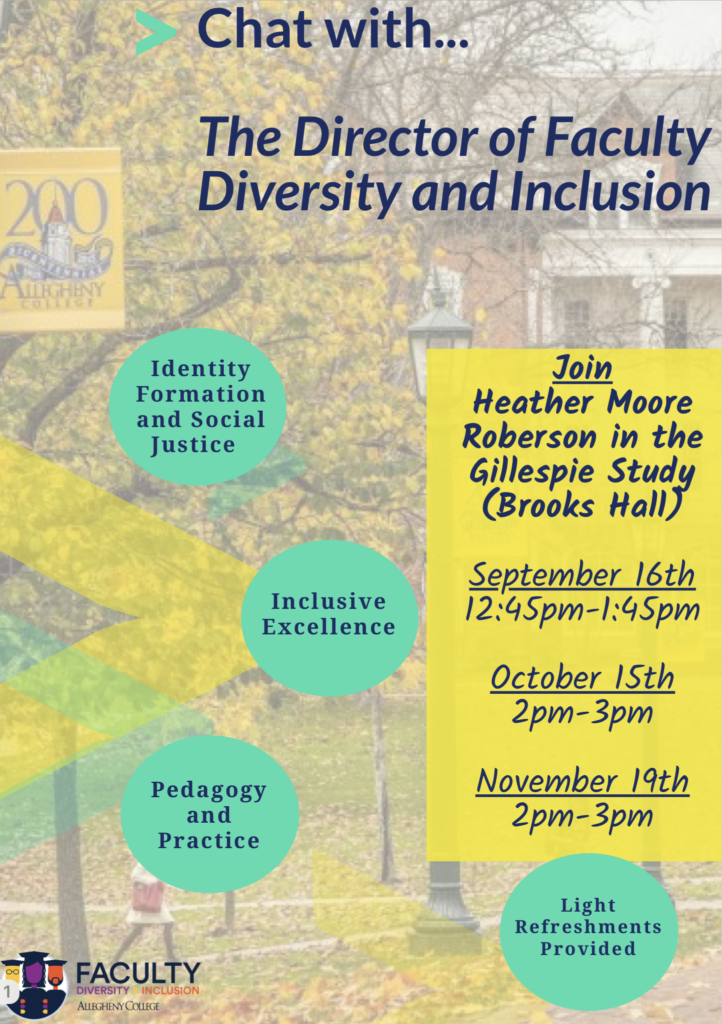As you prepare for the start of Module 2, here are some resources to keep in mind:
Syllabus Policy
Canvas
Tips for Condensed Courses
Recent Blog Posts and Podcasts
- How to Give Our Students the Grace We All Need: an Inside Higher Ed article about supporting students without exhausting yourself
- The Importance of Self-Reflection Assignments Between Essays: gives examples of reflection questions that you can assign to your students after returning their essays
- Reflection: Changing the Learning Environment: another blog post about the benefits of using reflection assignments
